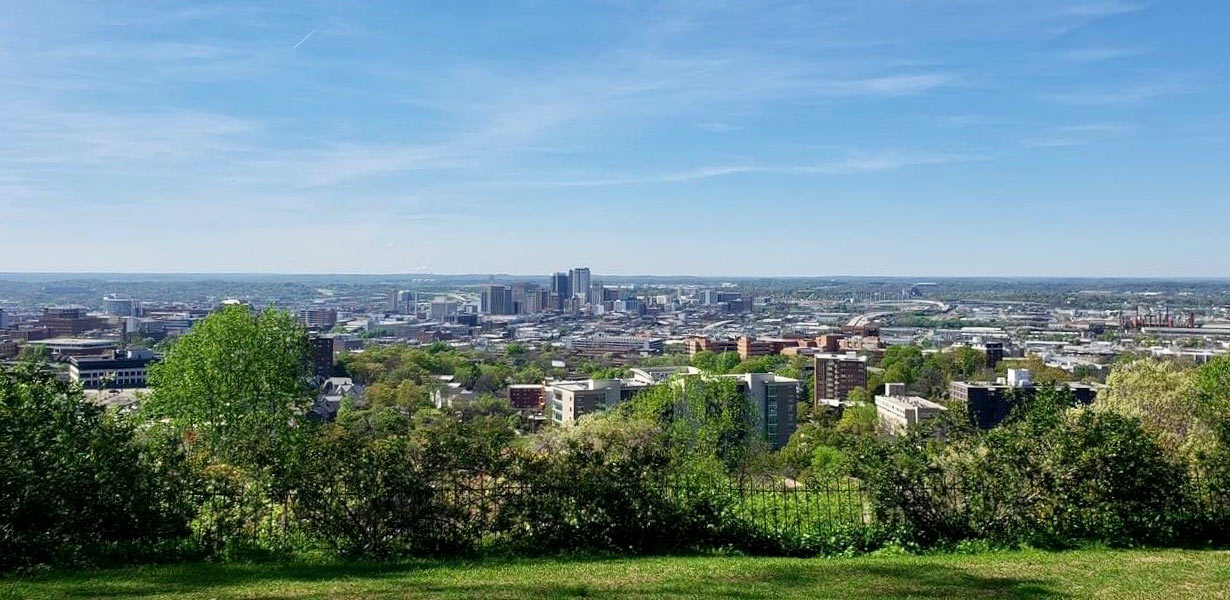I was just on my weekly call with a small group of architects from all over the country, a group organized through the EntreArchitect network. We have been meeting every Wednesday via Zoom for years, and I am so lucky to call this talented, thoughtful, funny, smart and devoted group of people colleagues, and more importantly, friends. (As a side note, anyone who believes that remote communication is always a poor substitute for in-person community building, this group’s success proves the opposite.) On our Wednesday call, one of our members said something that struck me: “Last week, everything changed.” And that’s true across the board. Everything has changed for our country, for our families, for our systems, and for our health. It’s changed for our habits, our social patterns, our work and our homes.

Right now, I’m sitting in my guest bedroom working from home, as are Landon and Georgia. We are communicating through Slack, holding video meetings through Zoom, and utilizing the setup I always envisioned would benefit us just in case someone needed some flexibility with kids, personal life or needing to care for family members. Clearly, none of us ever imagined we’d need it under these trying circumstances. I’m delivering food to my 97-year-old grandmother, after wiping the packages down with Clorox wipes, and leaving them at her front door. I’m calling my parents daily to check on them, and the pile of shoes and hand sanitizer at the front door adds to the general detritus of a home currently being very well used. I even brought out my old sewing machine to make cloth masks as requested from some health care workers, crafted from the leftover and unused fabric I bought to sew clothes for my kids when they were little. A tank of gas is lasting a really long time, but the snacks get eaten in a heartbeat! I’m considering some sort of signage on doorknobs so that we all just don’t barge into online classes or meetings unannounced.
None of us know when or how this will all shake out, but we do know that things will be different. In the meantime, we trust the experts, the folks that have been training for this: health care providers, epidemiologists, statisticians, and public health officials. I am none of those things, but I have such deep gratitude to everyone, including my friends and neighbors, who are working through this crisis and saving lives.
As a residential architect and a mom, I’m aware of how this time is changing the way I think about the spaces families use every day. I am in the same boat as many of you – a house full of kids and two working parents at home trying to sort out what to do next. We’ve plugged in new cables and extended the Wi-Fi range and are trying to set some expectations for our families that is in some way similar to those found at our offices. We are keenly aware of the deck repairs we didn’t make, but we had the septic tank pumped in the recognition that everyone is home, all the time. As working from home, online classes, and social distancing become the norm rather than a blip, we are all spending more time at home now. We may be considering our homes a little differently, and maybe a little more expansively. Maybe that starts with simple changes like doors for privacy and systems for better Wi-Fi access, but we may also start to think about how we designate places for privacy, respite, play and work. As architects, we can be thinking generally about how everyone can live longer lives and be physically and mentally healthier in their homes, but also specifically about how the design of spaces and the use of materials can support those efforts.
As all of us wrestle with what normal will look like, please know that we are open to the conversation and want to hear your concerns and questions. One of the silver linings of the last two weeks is that I have laid eyes on people I haven’t seen in years, and like my small architect group, we have been able to share the stories of our lives right now. Please feel free to get in touch. We’d love to hear from you.
It’s important for all of us to remember that thriving communities rely on a network of nonprofits, cultural institutions, service providers and small businesses every day. Right now, they need our financial support. Please consider donating to local nonprofits and helping out small businesses. Here in Birmingham, the website www.localdistancing.com is creating space for local businesses to sell gift cards. I am involved with the Community Foundation of Greater Birmingham, and they have recently activated their Emergency Response Fund. We all need to emerge from this healthy and strong.
